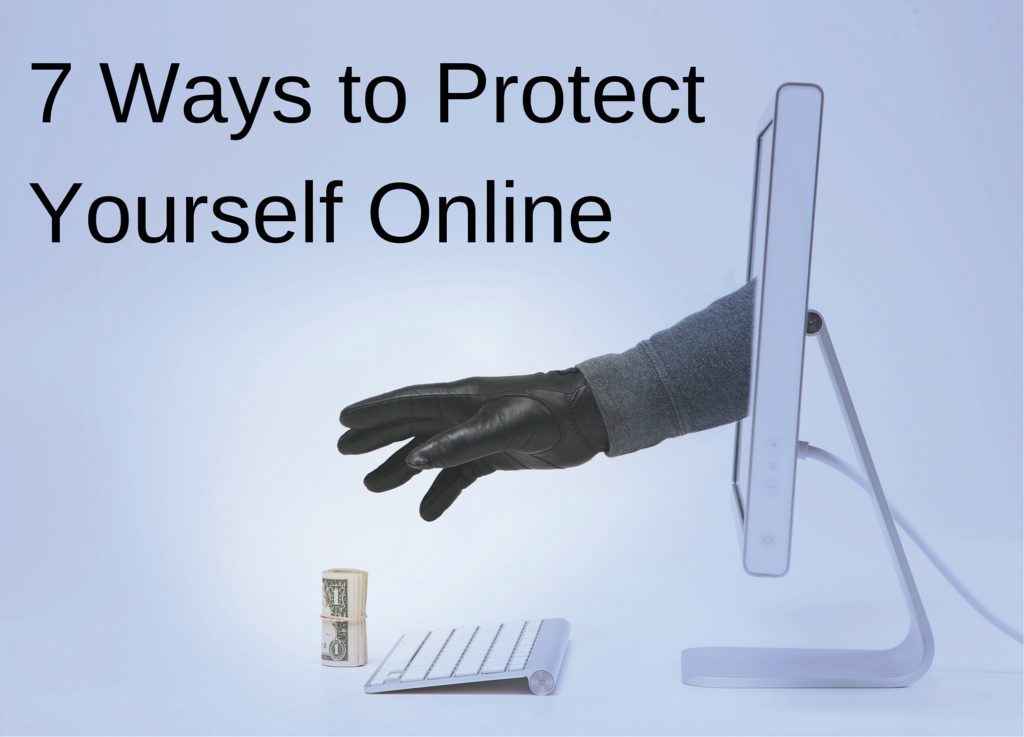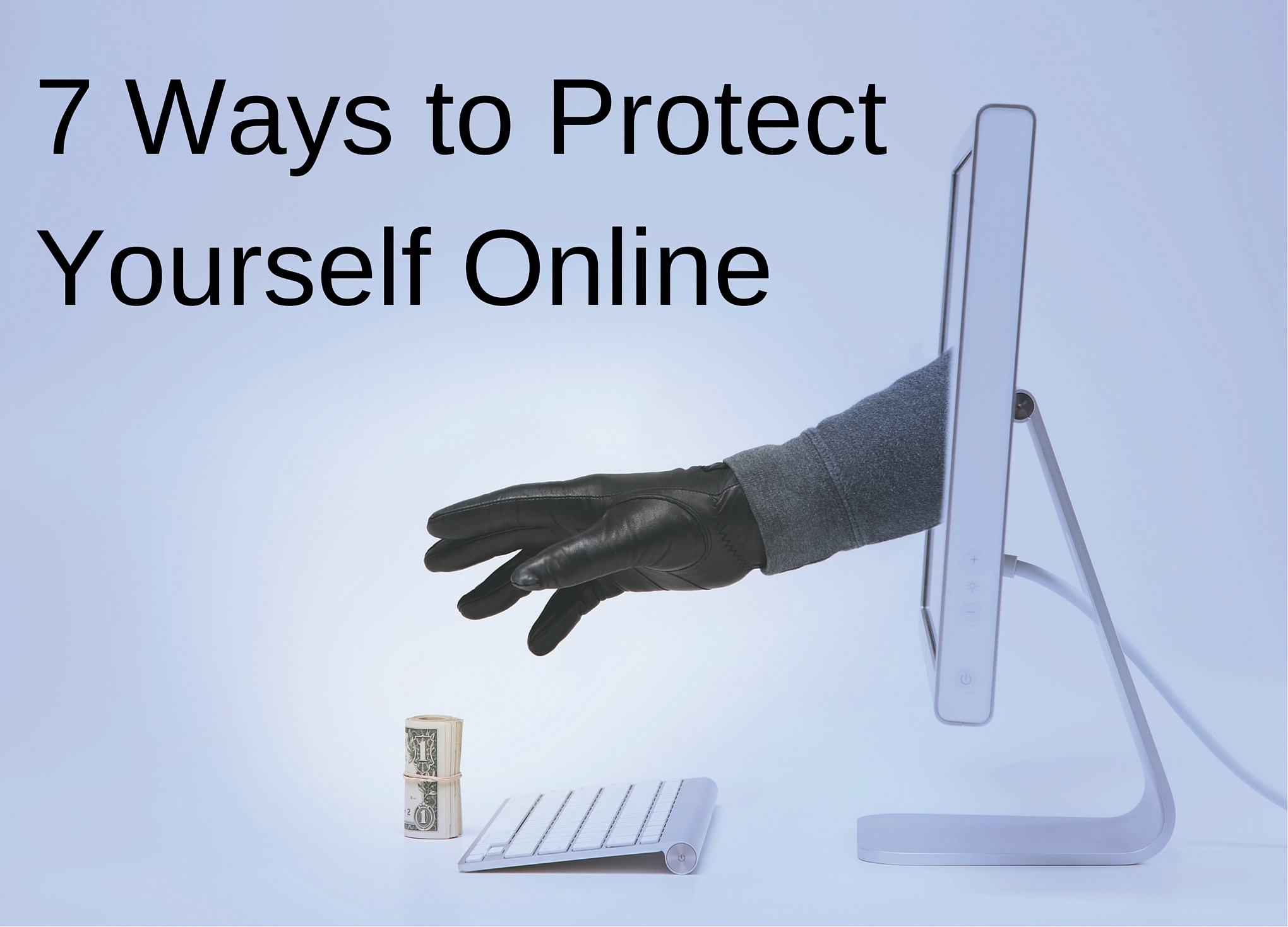
The biggest mistake that you can make to threaten your online safety is to treat the online world different—as far as your private information—than you would treat the physical world. In other words, if someone walked up to you and said, “Hi, can you please provide me with your name, address, birth date, home phone, cell phone, email, usernames, passwords all your friends names and all their contact info?” I think not.
What sane person would pass out cards with their Social Security number, birth date, full name, home address and bank account information to every stranger they walk past on the street? But essentially, that’s what many people do online.
Here are seven risky online behaviors:
- Posting photos: As innocent as this sounds, photos of children have been known to get stolen and posted on child porn sites. Right click, save image as, then save to desktop; that’s all it takes. Does this mean never post photos of your kids? No. But save the picture of your naked two-year-old girl in the bathtub for your desktop. And don’t post vacation photos until after you return home.
- Another thing about photos: Don’t post pictures of yourself engaging in activities that could come back to haunt you in some way. For example, you post a picture of yourself smoking while at a picnic. You apply for new health insurance and say you’re a nonsmoker. The insurance company might decide to view your social media pictures to catch you in the act.
- Sounds innocent: You let your kids use your computer. But even if there are parental controls in place, your kids can still unknowingly let in a virus. Then you sit down to do some online banking…and the hacker whose virus is in your computer will then have your login credentials and bank account numbers, plus everything else. Ideally, you use a designated computer only for conducting sensitive online transactions.
- A hacker sends (via bot) out 10,000 e-mails that are made to look like they’re from UPS. Out of 10,000 random recipients, chances are that a good number of them are waiting any day for a UPS shipment. This could be you. Will you open the e-mail and click on the link inside it? If you do, you’ll likely download a virus. This is a phishing scam. Contact the company by phone to verify the e-mail’s legitimacy. Better yet, just never click on the doggone links.
- Do you know your apps? They most certainly know you—way too much, too. Applications for your phone can do the following: read your phone’s ID, continuously track your location, run your other applications, know your SIM card number and know your account number. Before downloading an app, find out what it can find out about you.
- Don’t take silly online quizzes. Whoever’s behind them might just want to get as much information on you as possible with the idea of committing identity theft. Got some extra time? Read a book or do a crossword puzzle.
- Never conduct business transactions using free Wi-Fi unless you have a virtual private network. Otherwise, anyone can cyber-see what you’re doing.


